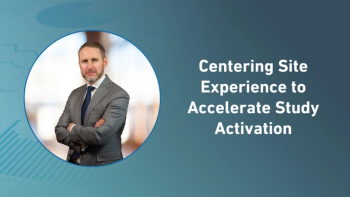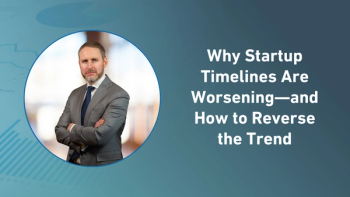
Examining the Stats: The “One Time” Investigator
Do 50% of US investigators only conduct one clinical trial? Much of the misunderstanding behind this “one time” claim, which first surfaced in the 1990s, rests on a misunderstanding of the BMIS.
Do 50% of US investigators only conduct one clinical trial? Much of the misunderstanding behind this “one time” claim, which first surfaced in the 1990s, rests on a misunderstanding of the BMIS (Bioresearch Monitoring Information System) database of clinical investigators. As the
We conducted a targeted mail and on-line survey of clinical investigators reported in the BMIS database, stratifying by those who had only one 1572 mention and those who had two or more. Our response rate was a hefty 27%. After a careful comparison of the practice demographics of the responders and the non-responders, we concluded the results were certainly useful at a directional level. The so called one-time investigators often conduct many more than one clinical study, even if fewer than the investigators with more than one 1572 on file. These one-time investigators should more accurately be called “one time” reported investigators. Of course, there could have been some level of a selection bias; investigators who had given up after one study might have been less likely to return a completion questionnaire. However, rather than the widely mentioned 50% one and done figure, we conclude the more likely number is less than 20%.
Level of Study Conduct
Number of self-reported Phase II and Phase III Studies conducted within the last three years.
Harold E. Glass, PhD is the Research Professor for the Department of Health Policy and Public Policy at the University of the Sciences in Philadelphia.
*The author wishes to thank Ankit Lodaya, a PhD student at the University, for gathering the FDA audit data.
Newsletter
Stay current in clinical research with Applied Clinical Trials, providing expert insights, regulatory updates, and practical strategies for successful clinical trial design and execution.




